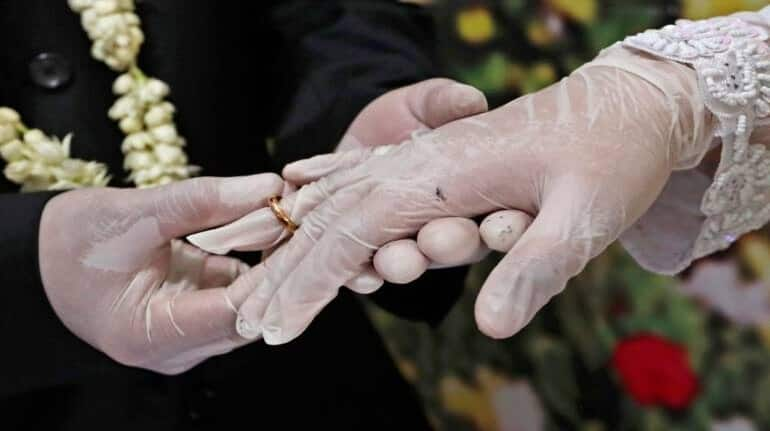Introduction
In recent times, the concept of pleasure marriage has sparked a significant amount of criticism both within Indonesia and internationally. While some view it as a form of empowerment, others argue that it places women in a position of exploitation. This article delves into the nuances of pleasure marriage, examining its legal status, the socio-cultural impacts, and the implications for tourism in regions like Punak.
What is Pleasure Marriage?
Pleasure marriage, often referred to as “marriage for enjoyment” or “temporary marriage,” typically involves an arrangement where couples enter into a marriage contract for a short duration, predominantly for sexual relationships without the intentions of forming a long-term family unit. This practice has deeper cultural roots and is influenced by various social norms.
Legal Status of Pleasure Marriage
The legal status of pleasure marriage is contentious. In Indonesia, which has a predominantly Muslim population, the legality of such marriages can vary significantly based on local laws and religious interpretations. Critics argue that these marriages lack the legal protections usually granted to traditional marriages, leaving women vulnerable in cases of abandonment or abuse.
| Aspect | Traditional Marriage | Pleasure Marriage |
|---|---|---|
| Duration | Permanent | Temporary |
| Legal Protection | Yes | No |
| Social Acceptance | High | Varies |
| Women’s Rights | Protected | Vulnerable |
The Sociocultural Impact of Pleasure Marriage
Despite the concerns surrounding pleasure marriage, some proponents claim that it offers women a degree of autonomy in their sexual choices. Women may enter into these arrangements seeking financial support or companionship without the commitment associated with traditional marriages. However, critics maintain that this undermines the status of women in society and could perpetuate a cycle of dependency and exploitation.
Pleasure Marriage and Tourism in Punak
The rise of pleasure marriage has inadvertently fueled tourism in areas like Punak, where individuals may travel to engage in such practices. Local economies may benefit from this influx of visitors; however, the long-term implications on social structures and gender relationships remain under scrutiny.
Impact on Local Economy
While the immediate economic benefits of increased tourism cannot be overlooked, it is essential to consider how this may affect the community’s values and social dynamics in the long run. Businesses catering to this niche may thrive, yet they could also contribute to the normalization of exploitative practices.
Conclusion
The debate surrounding pleasure marriage in Indonesia highlights complex issues intertwining law, gender rights, and cultural practices. While it offers a perspective on personal choice and autonomy for some women, the underlying implications of exploitation and societal impact cannot be ignored. As tourism continues to grow in areas like Punak, stakeholders must address these challenges thoughtfully to ensure that women’s rights and dignity are upheld in the face of economic opportunity.
